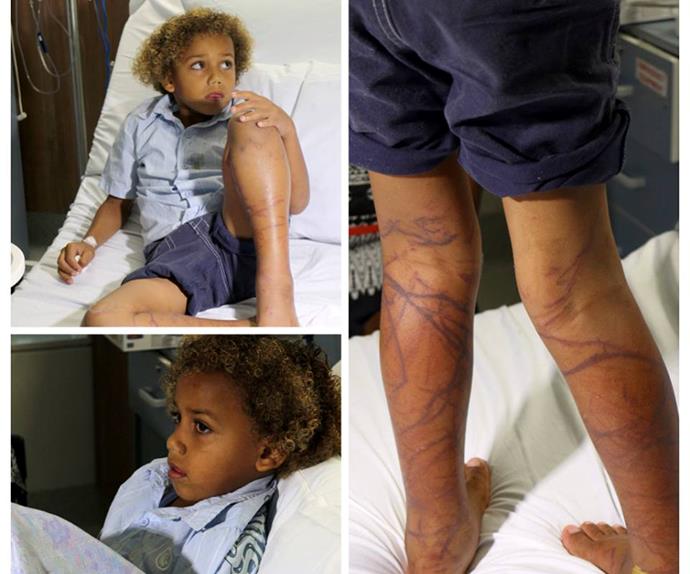More than 900 people have been treated for bites and stings in Mackay Hospital and Health Service’s eight emergency departments in 2020.
Dog bites headed up the list with 256 presentations, with mammal bites exceeding insect, reptile and marine stings.
Mackay is consistent with national data that shows 80-90% of bites are from dogs, with cats 5-10% followed by humans and rodents 2%.
Mackay Base Hospital emergency medicine specialist Dr Andrew Brier said an animal bite could range from physical tissue damage needing surgery to envenomation from a bite or sting.
“Knowing what animal caused the injury is the start and will determine what treatment is required,” he said.
Dr Brier said the main bites treated were from dogs, followed by cats and even humans.
“Cat bites are generally worse for infections than dog bites, however human bites are worse than cat bites in terms of the infections you can get,” he said.
Dr Brier said human bites that left an indent but did not break the skin were of no consequence.
“Most of the human bites we see is what we call a ‘fight bite’ when someone is punched in mouth and their teeth have lacerated the knuckles.
“These bites can introduce bacteria that can go through to the joint and tendons. Given your hands are very important these injuries often have a surgical washout so you don’t get permanent dysfunction, infection or scarring,” he said.
Dr Brier said dog bites were occasionally random but generally by a dog known to the person.
“Often it’s a visitor to the house and the pet gets startled,” he said. Medical advice is to wash all bite wounds as quickly as possible and douse with antiseptic to reduce the risk of infection.
| Cat | 27 |
| Dog | 256 |
| Human | 19 |
| Spider | 43 |
| Snake | 139` |
| Rat | 2 |
| Insect | 53 |
| Other animal bite / sting | 50 |
| Bitten or struck by a mammal | 12 |
| Irukandji | 11 |
| Jellyfish | 16 |
| Sea snake | 1 |
| Stingray | 5 |
| Stonefish | 14 |
| Bitten or stung by nonvenomous insect and other arthropods | 263 |
What happens when you come to ED with a bite or sting
“If you come to emergency we assess where the bite is and whether there is potential for retained foreign bodies such as a tooth and whether there is damage to blood vessels, muscles or tendons that may need surgical repair.
“We will review the wound and most likely get an x-ray to check there is nothing inside that shouldn’t be there. I have seen wounds with a tooth in them, it’s uncommon, but in older cats and dogs with poor dentition the teeth may break off.
“We will also ask about your tetanus status and more than likely you will get a booster if there is any doubt and antibiotics may also be prescribed,” he said.
Marine sting first aid
The rule of thumb for marine stings is to apply hot water as most venom is made inactive by heat.
The exception to this rule is box jellyfish stings which are best treated with vinegar.
Dr Brier said the pain of other jellyfish, stingrays and stonefish stings could relieved by plunging the affected area into water as hot as the person could stand, but not so hot it damaged the skin.
“The only time you wouldn’t do this is for a box jellyfish sting and that is quite obvious from the ladder tentacle pattern,” he said.



